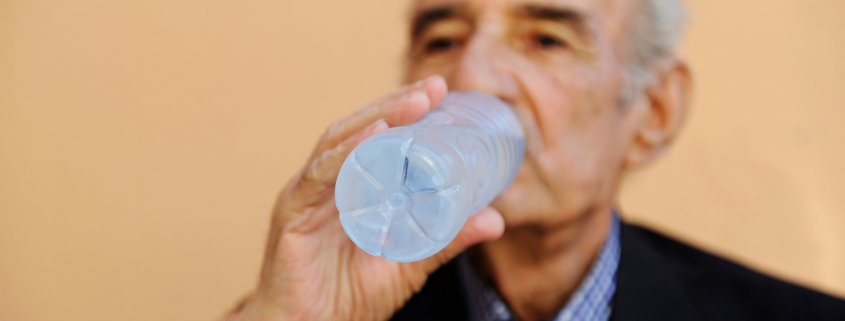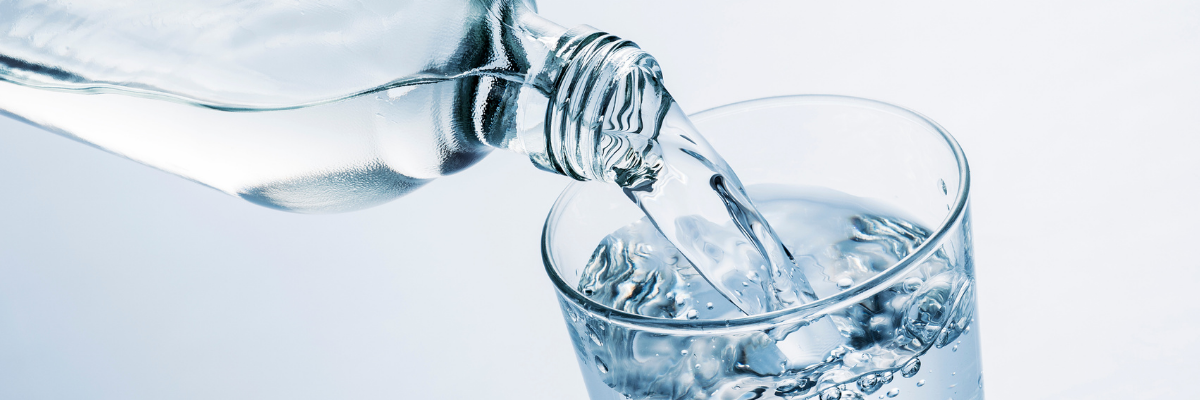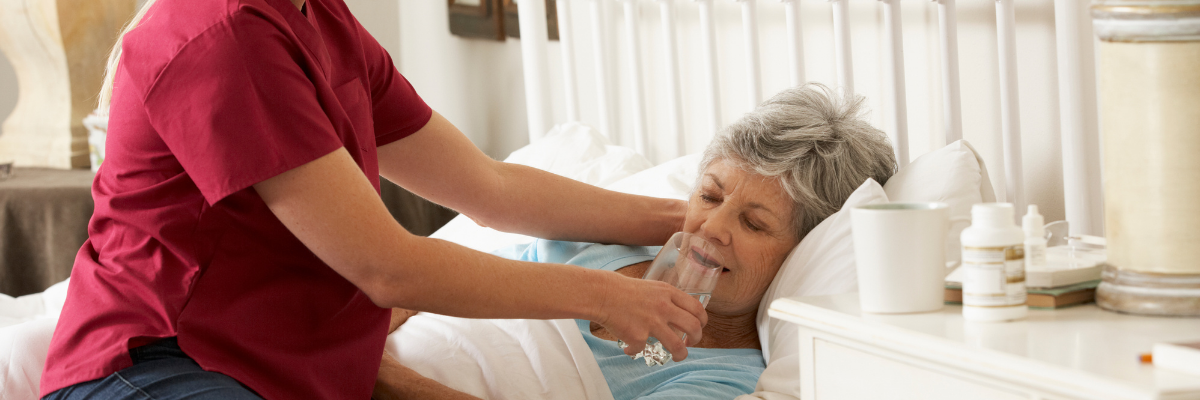Dehydration in the Elderly – Signs, Symptoms and Prevention
Dehydration can be fatal to the organism, affect the development of other diseases in the body and drastically reduce the quality of life. It is particularly dangerous in the case of children and seniors, yet today we will discuss the risk of dehydration in the elderly. We will answer the question, what is dehydration? Discuss how to recognise symptoms of dehydration in the elderly.
Also, we will give you tips on how to stay hydrated and how much water an elderly person should drink a day. Learn how to recognize dehydration, why it’s dangerous, who is most at risk for fluid deficiencies, and how to hydrate healthily now, because this knowledge could save your senior loved one.
What is dehydration?
Dehydration occurs when the water and electrolyte content of the body drops below the value necessary for its proper functioning. Dehydration threatens human health and life. Symptoms may vary, so it is worth knowing the norms for water intake and observing them in order not to expose the body to destruction. Water, after oxygen, is a prerequisite for life, therefore dehydration in the elderly is an important and serious problem. Dehydration in the elderly can be caused by factors such as recent diarrhoea, vomiting, significant loss of sweat as a result of fever, strenuous exercise, increased ambient temperature or urinary tract infections and insufficient fluid intake.
What are the dangers of dehydration in the elderly?
Water is the main component of our body. Its quantity in the body varies between 45-75 percent of its mass and depends on gender, body shape and age. Overall body water content decreases with age by about 15 per cent, which corresponds to about 6 litres between youth and old age. Older people do not feel thirst as strongly as younger ones, which causes them to drink less. As a result of the ageing process, the kidneys have a reduced ability to thicken urine and retain water if there is no regular supply of water to the body. Dehydration in the elderly is detrimental to the health of the senior as it causes a drop in blood pressure and an accelerated and simultaneous weakening of the pulse. Problems with consciousness and even loss of consciousness may then occur. Without undertaking an effective hydration measures, dehydration will worsen, posing a threat to life.
What are the signs of dehydration in the elderly?
What are the signs of dehydration in the elderly? They may vary depending on the severity of the condition, fitness, medication taken, gender, or age, but among the basic symptoms of dehydration in the elderly, we can distinguish the following:
- dry, chapped lips,
- feeling of dryness in the mouth,
- dizziness, headache, fainting,
- visual impairment,
- constipation,
- decreased blood pressure,
- decreased skin elasticity,
- urinary tract infections.
How to check if a senior is dehydrated?
We can easily check if a senior’s body is sufficiently hydrated with an instant test. Simply pinch the skin from the top of the hand and hold for a few seconds. If the skin, when released by your fingers, quickly returns to its shape, then a person is hydrated. If it takes longer, however, then their body could use another glass of water, or two.
How to stay hydrated?
Apart from the obvious factors such as drinking the recommended amount of water (2-2.5 litres a day), other dietary rules are an important part of ways how to stay hydrated. Namely, in order to stay hydrated, it is advisable to eat fruits and vegetables in their raw state and to shun alcoholic drinks and salt. It is also necessary to keep in mind, that dehydration in the elderly often occurs in the summer when seniors forget to drink more when the temperature is higher, and during increased physical activity.
How much water should an elderly person drink a day?
The body’s need for water depends on age – scientists suggest that older people have a slightly lower need than young people. Furthermore, factors which determine the demand are the level of physical activity and the temperature of the surrounding environment. According to data published by WHO, elderly women should drink 2 litres and men 2.5 litres of fluids daily. It is estimated that 20% of these values is water contained in food products. However, this figure may be higher in the case of people who are taking medication which impedes the absorption of water by the body, or diuretics.
Dehydration in the elderly – summary
Dehydration in the elderly is a major problem that affects millions of people worldwide and can have devastating consequences, so as a reminder, we have prepared a brief summary of the above information. So, an elderly person should drink about 2-2.5 litres of water a day and avoid salt and alcohol. In periods of increased activity and high temperatures, this amount should increase slightly. If you want to check whether the senior is dehydrated, in addition to asking questions, you can also prepare a skin test.














